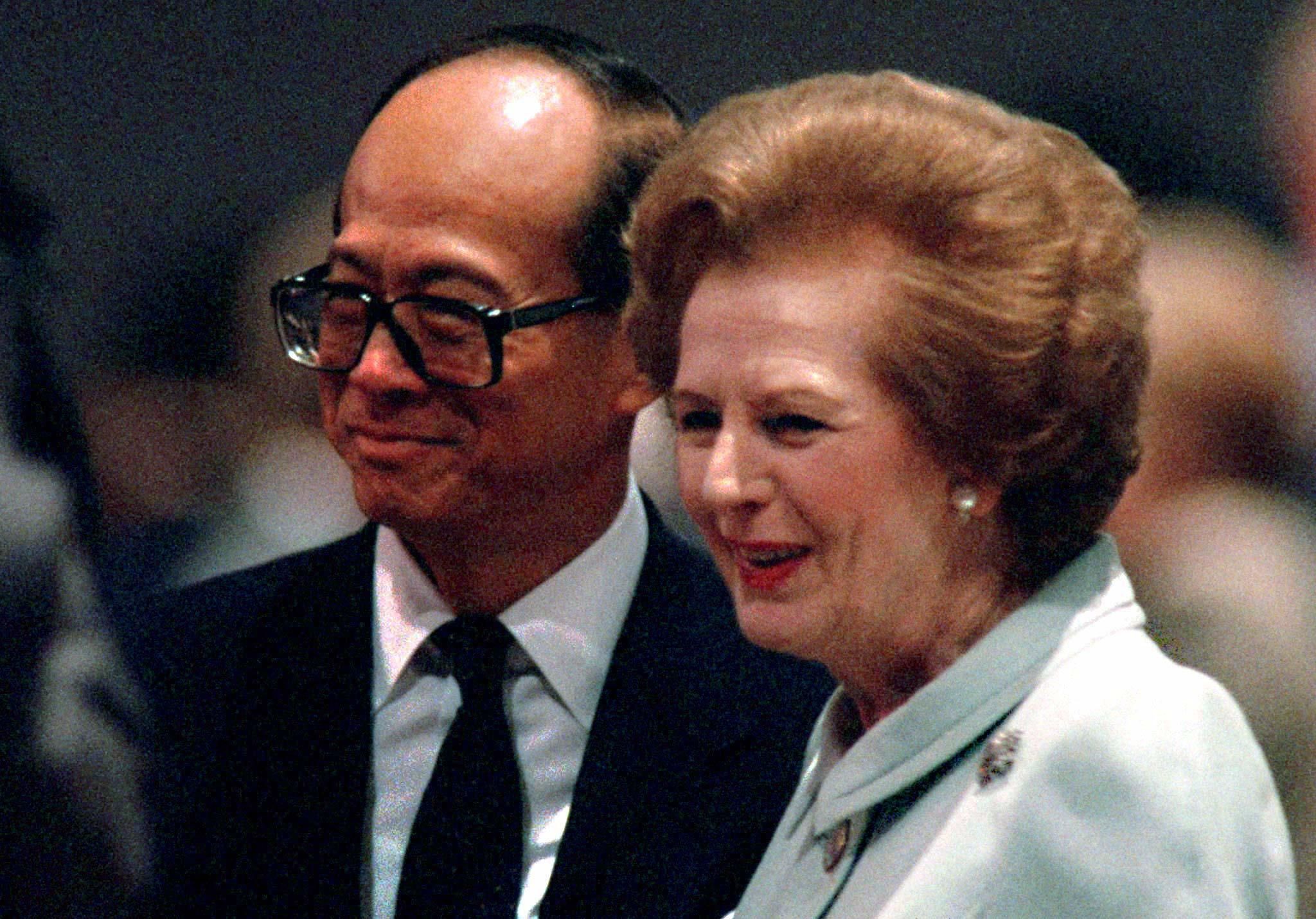
Saturday marks the 20th anniversary of the end of Britain's empire. On July 1, 1997, the U.K. handed Hong Kong over to China, following decades of former colonies gaining independence from Britain.
At the empire's peak in 1922, Britain controlled around 25 percent of the world's total landmass and population. It did not achieve this through peaceful means. In the countries it controlled, Britain enslaved the indigenous populations and subjected them to disease and war. From 1583, the start of Britain's first empire, to its eventual end, millions of people died thanks to the island's conquests.
During the second Boer War from 1899 to 1902, Britain held 116,500 Boer people in concentration camps, resulting in the deaths of 26,000 people. The country also interned 107,000 Black Africans, of which 13,000 died.
On April 13, 1919, during a peaceful protest against British rule in India, soldiers fired on the demonstrators killing at least 379 people, according to official records. In 2013, when visiting the site of the massacre in Amritsar, then U.K. Prime Minister David Cameron refused to apologize for the deaths.
In 1943, with India still under Britain's rule, its Prime Minister Winston Churchill watched as three million Bengalis died during a famine that saw Britain divert food to its soldiers and other countries. Of the deaths, Churchill said it was the Indians' own fault "for breeding like rabbits."
In 2012, the empire came under new scrutiny thanks to the work of Harvard professor Caroline Elkins. In her Pulitzer-prize winning book, she found that Britain had covered up the truth behind the 1952 Mau Mau uprising in Kenya, destroying documents that showed it had detained 1.5 million people in concentration camps. Inside, the Kenyans were used as slave labour, tortured, beaten and gang-raped. Thousands, including many children, died.
So vast was its dominion, a common ruling maxim was: "the sun never sets over the British empire." But after centuries of bloodshed, slavery and cruelty, many of its once conquered people are glad the sun finally went down.
Uncommon Knowledge
Newsweek is committed to challenging conventional wisdom and finding connections in the search for common ground.
Newsweek is committed to challenging conventional wisdom and finding connections in the search for common ground.
About the writer
Mirren is a reporter for Newsweek International, covering terrorism, security and crime. She is also the producer and co-host of ... Read more
To read how Newsweek uses AI as a newsroom tool, Click here.








